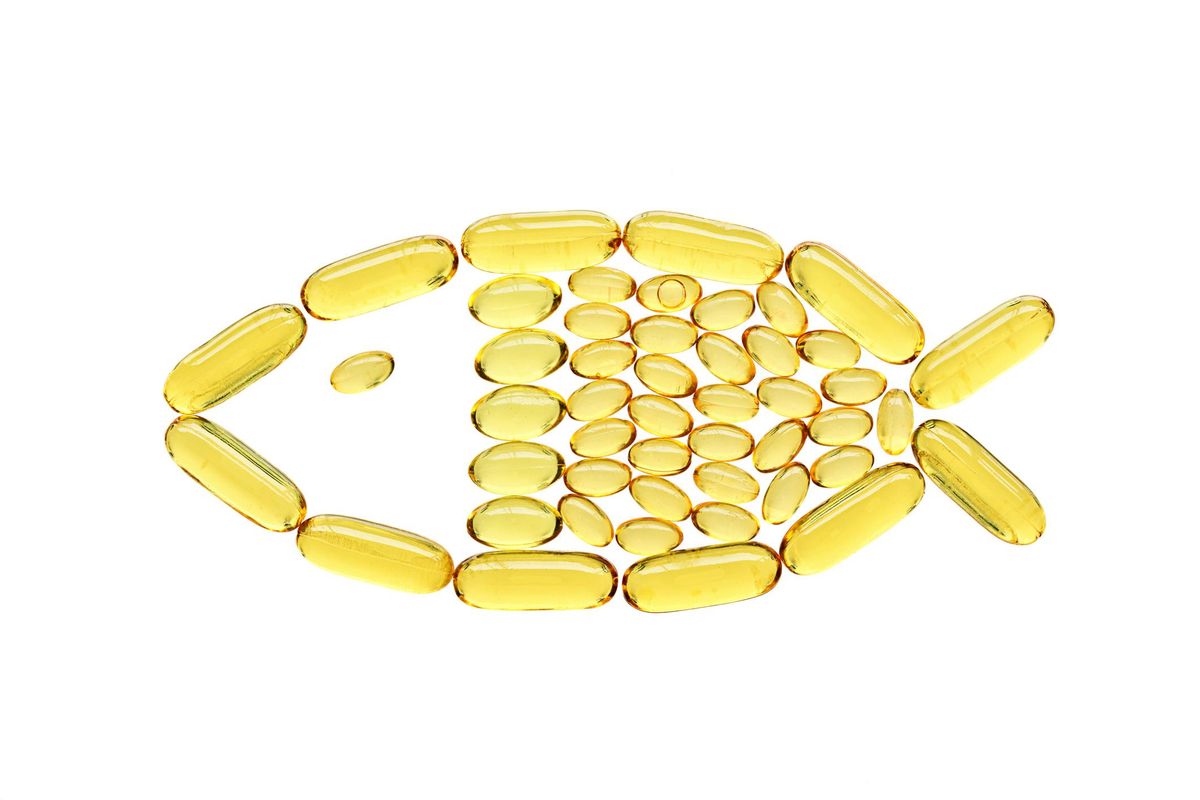Can you eat your way out of chronic pain? Possibly yes.
There's evidence that you may be able to ease certain types of chronic pain by consuming foods or supplements that are high in omega-3 essential fatty acids. Omega-3s, commonly called "fish oil" because of their primary source, have been shown to lessen the intensity of joint pain and stiffness in rheumatoid arthritis and neck and back pain, as well as pain caused by inflammatory bowel disease and menstrual cramps.
Omega-3 fatty acids lower inflammation within the body, which helps reduce conditions such as heart disease. The same mechanism may be at work in lowering pain.
Indeed, some research subjects with chronic pain who took 1,200 to 2,400 milligrams of omega-3 in supplement form daily were able to reduce or eliminate their use of nonsteroidal anti-inflammatory drugs, or NSAIDs, in less than three months. Those medications, such as ibuprofen, can cause troublesome and sometimes dangerous side effects, especially with long-term use. Fish oil, even in supplement form, appears to be safer.
Check with your health care provider if you are taking blood thinners or high doses of aspirin before taking omega-3 supplements. (It's wise to talk with your health care provider before starting any vitamin or supplement regimen, especially if you have a chronic condition, such as high blood pressure, or take medication regularly.)
The highest levels of omega-3s in food are found in fatty fish such as mackerel, Atlantic or sockeye salmon, lake trout, herring, sardines and canned light tuna. Two 3.5-ounce portions weekly can help lower inflammation, according to the U.S. Department of Agriculture. Following a Mediterranean-type diet—with emphasis mainly on fish, vegetables, fruits and little saturated fat—also appears to help reduce arthritic pain.
If you're a vegan and don't eat any animal products, you can get some omega-3 benefit from flaxseed oil and walnuts. Your body converts the type of omega-3 found in these foods to the more beneficial type found in fish oil but not at the same level.
When buying fish oil or omega-3 supplements, read the label carefully. Note how much of the supplement is actually omega-3 fatty acids—it may differ greatly from the size of the capsule. Choose one with high omega-3 content and low (or no) saturated fats or omega-6 fatty acids (which contribute to inflammation). Look for supplements that are molecularly distilled, which removes mercury or PCB toxins. Also, fish oil taken from small, cold-water fish such as anchovies and sardines has the most omega-3 with fewer contaminants than larger fish. Many labels will list the fish source for the supplement.
- 9 Things You Need to Know About Vitamin D ›
- 5 Forgotten Vitamins and Supplements ›
- Foods That Lower Inflammation in Your Body ›
- The Top 5 Foods That Reduce Inflammation ›
- 4 Tips for Pain Relief Quick - HealthyWomen ›
- Omega-3s—Fad or for Good? - HealthyWomen ›
- Foods and Natural Remedies to Deal With Inflammation - HealthyWomen ›




